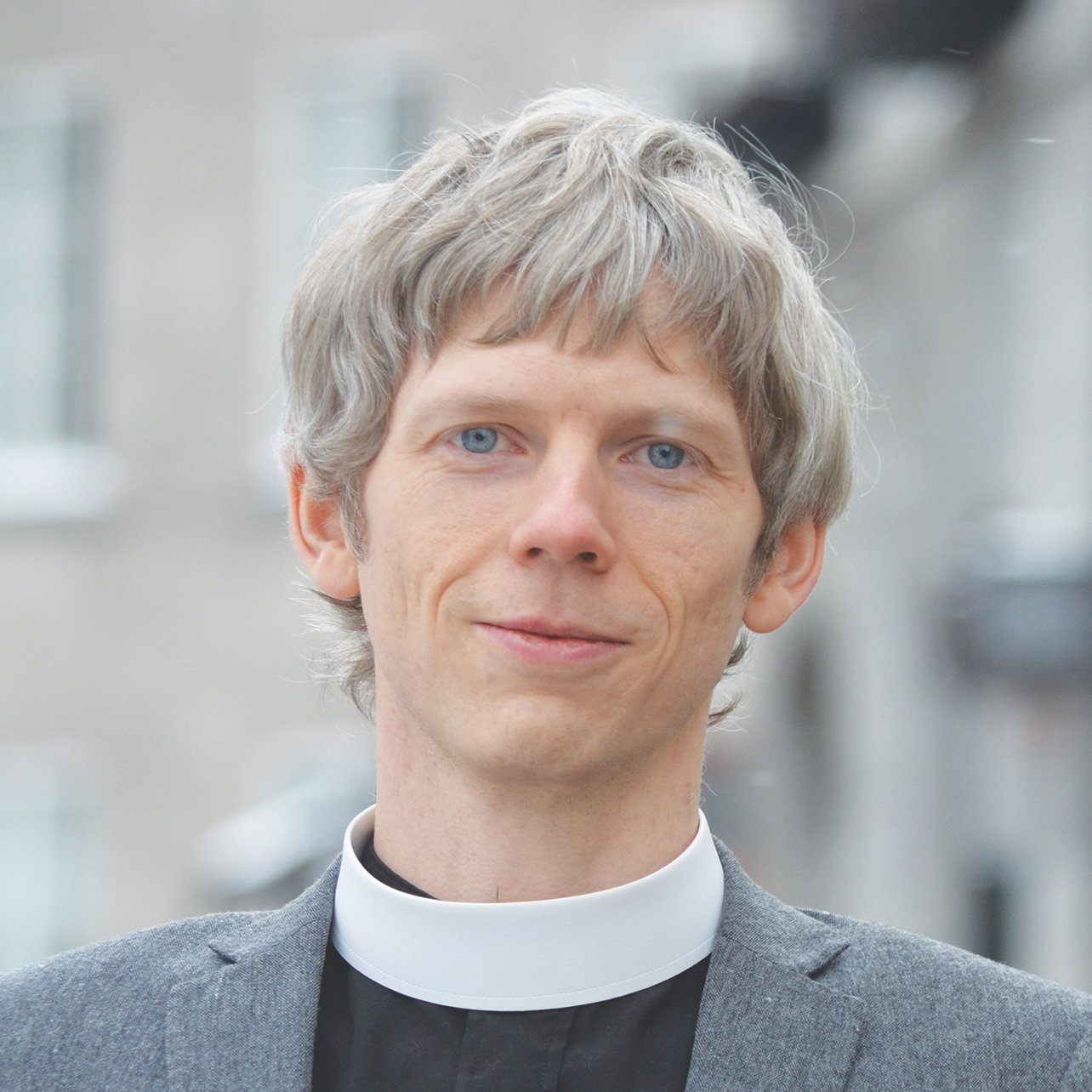 It was the most strikingly mundane road I have ever walked. Set beside a pair of iron rails, the dusty grey gravel could have led anywhere: a path to a country church, an entrance to a store parking lot, a side street leading home. Only the gates that marked the beginning of the road and the rails-and their sudden end-betrayed its meaning.
It was the most strikingly mundane road I have ever walked. Set beside a pair of iron rails, the dusty grey gravel could have led anywhere: a path to a country church, an entrance to a store parking lot, a side street leading home. Only the gates that marked the beginning of the road and the rails-and their sudden end-betrayed its meaning.
Auschwitz-Birkenau is an ordinary place of extraordinary evil.
Halfway down the road, my eyes strayed from the gravel and gazed across the grounds, taking in the enormity of the camp’s construction. Kilometres of razor wire fencing enclosed hectares of now empty fields that had once held row upon row of crowded wooden barracks in which concentration camp slave labourers, who survived the initial selection, were housed.
However, as I moved past the fence, I began to notice that the fields were not entirely empty, as they had first appeared. While the wood frames of the barracks had rotted away after the camps had closed, thick cement blocks remained embedded in the ground where they once stood.
The foundations were still there.
At that moment, it hit me: it happened. It can happen. It can happen again.
The camps may have been closed, they may have been emptied out, the buildings may have rotted away, but the foundations upon which they were built-the ancient hatreds, the desire to exclude entire categories of people, and the silence of bystanders-still sat in the field, as if waiting to be built upon once more. These cement blocks were laid not simply by those who dreamed evil in their hearts, but by those who refused to speak and act against the evil as it began to take shape.
As the genocide scholar and sociologist Helen Fein details in her work Accounting for Genocide: National Responses and Jewish Victimization During the Holocaust, church leaders speaking out against the Nazi regime’s persecution of Jews can be correlated with the eventual death counts of Jews in that nation. Where church leaders spoke out, and the more quickly they did so, the lower the death count of Jews in that nation by the end of the war.
My eyes dropped from the bricks to my satchel where I had sewn my seminary’s coat of arms. Its motto, “But if the salt,” drove the point home: “You are the salt of the earth; but if salt has lost its taste, how can its saltiness be restored? It is no longer good for anything, but is thrown out and trampled under foot” (Matthew 5:13). When we stay silent in the face of evil words and deeds, when our own lives begin to lose the taste of the gospel, there are consequences. Real people are thrown out and trampled underfoot.
Extraordinary evil is built upon the foundations of ordinary places and lives.
The bricks that make up those foundations, that build our society’s capacity for mass murder, do not spring up overnight. They are laid gradually through many small actions and omissions of action-ancient prejudices we fail to question, careless generalizations spoken to a friend, a family member or fellow parishioner whose discriminatory perspectives we will not confront. Over time, these acts and these failures to act accrue and solidify. They form the foundations upon which greater works of darkness can stand.
In the aftermath of January’s massacre at Quebec City’s Grand Mosque, much has been said about the role that the media and identity-politicking politicians have played in cultivating a public discourse where discriminatory rhetoric is normalized and where violent acts become thinkable. It is right that this is so. As the premier of Quebec, Philippe Couillard, told a news conference the day after the shooting, “Spoken words matter. Written words matter. They can of course express an idea. But they can hurt. They can hurt very much. We should all be cognizant of that.”
Journalists, media personalities, and politicians bear some moral responsibility for the words they have spoken-or failed to speak-that contributed to an atmosphere of stigmatization and hate that gave birth to such violence. And as disciples of Jesus, so do we.
In the aftermath of such horrific violence, it is cathartic for us to repeat the words, “Never again.” As time passes, as the outward appearance of those hateful acts seems to rot away, we may be tempted to believe that this evil has been closed down and emptied out. But it happened. It can happen. It can happen again.
The foundations are still there, lying in wait.





